Dating applications have changed the way people look for companionship, romance, and casual conversation. With a few taps on your phone, you can connect with dozens of people near you or far away.
The ease is impressive, but this rapid access to potential partners has created real effects on emotions, mental peace, and sense of self‑worth. Using dating apps often seems harmless fun, but behind the swiping and matching lie deeper feelings that can affect how you view yourself and relate to others.
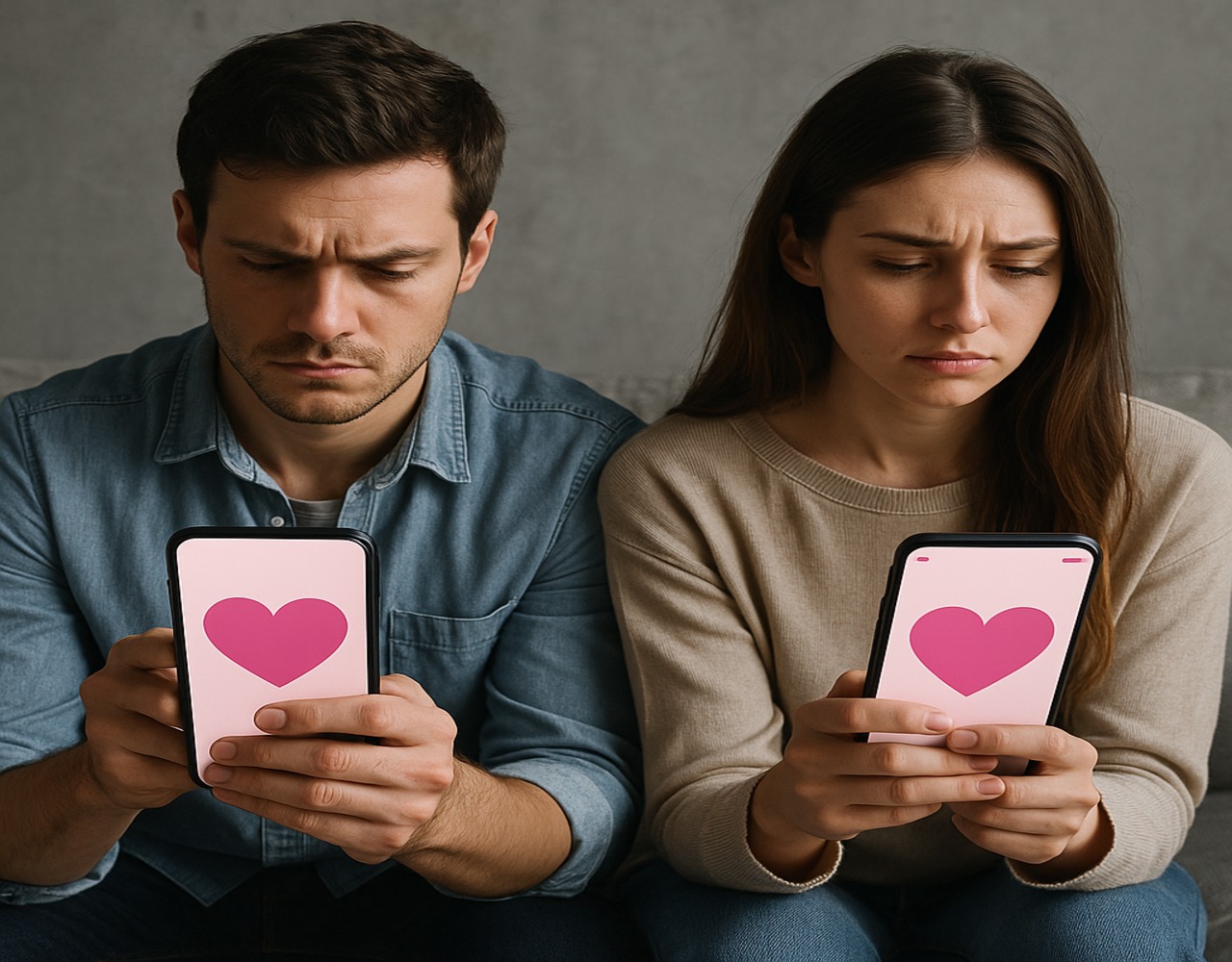
These platforms bring both excitement and challenge. You may feel joy when someone likes you or sadness when matches disappear. Learning how dating apps influence mental health helps you enjoy the benefits while protecting your heart and mind.
Constant Filtering Can Wear You Down
One of the main features of dating apps is the ability to filter based on photos, age, height, interests, or lifestyle. While this seems helpful, it also makes users feel like products on a shelf. You become a choice among many, and your self‑worth tends to be judged by how many matches you receive.
When someone swipes left on your profile, your heart may feel the rejection even if you do not realise it immediately. After a while, all those small dismissals can add up. It begins to chip away at your confidence. You might start seeing yourself as less attractive or interesting, thinking there must be something wrong with you.
It is easy to forget that the person swiping does not know the real you. Their choices are based on a photo or a short bio. But your mind does not always allow that detail. It cares about how it feels, and constant rejection—even when anonymous—hurts just the same.
Addiction to Validation Creates Dependency
Dating apps are built to keep users engaged. Each new match sends a notification, and those little ding tones can make your dopamine flow. This makes you feel good, encouraged, and seen. You may find yourself checking your phone every few minutes to see if someone has reacted to your profile.
That quick rush of happiness becomes addicting, so you keep coming back for more. Over time, your mood may depend on how many matches you get. A day without any reaction may feel lonely or sad, even though you know logically that it has no real meaning.
This dependency makes your emotional state fragile. You begin to value being seen more than self‑worth. Validation from strangers replaces your internal voice, and that can be dangerous for mental clarity and stability.
Curated Identities Take Over Reality
Many people want to put their best foot forward on dating platforms. They choose flattering photos, write clever bios, and highlight the most attractive parts of themselves. While that feels normal, it can create pressure to make your real life match up with the spotlight version.
When someone suggests meeting up, you feel like you must live up to the image you presented. You may feel unsettled when your actual self does not match the polished online version. These expectations can help no one and cause stress as you try to perform a version of yourself.
When dating becomes about chasing an image, it steals your authenticity. You may begin pretending to like things you do not, or hiding parts of yourself you think won’t be appealing. That style works temporarily, but it builds tension between your online persona and who you are when the phone is off.
Endless Choices Lead to Exhaustion
Dating apps offer more potential partners than any local group or social circle can provide. That sounds wonderful, but unlimited options often bring fatigue instead of excitement. You may start comparing your matches, wondering if the next swipe might lead to someone even better.
Constant comparing clouds your judgement and steals peace. It becomes hard to enjoy real connections because you wonder if someone else is waiting with more promise. You stay in the early stages of conversation for too long, chasing prospects that never become real because you are too busy evaluating.
This state of always searching makes dating exhausting. Nothing feels final because something else always looks better. Even after good conversations or enjoyable dates, you might feel restless because your mind is already looking past them.
Ghosting and Breadcrumbing Cause Emotional Strain
Dating apps have made ghosting and breadcrumbing much more common. It is easy to disappear when nothing links you beyond a match notification. One minute someone is chatting and flirty; the next minute they vanish without warning. That confusion leads to doubt and hurts your trust and self‑esteem.
Breadcrumbing—giving you just enough attention to keep you interested without plans to commit—creates emotional dragging. You stay because you sense potential, but the other person never follows through. Your effort increases while their interest remains shallow. This pattern drains your mind and brings no emotional return.
Social Comparison Brings Anxiety
Scrolling through dating apps can be like scrolling through highlights on social media. You view profiles showing smiling people on vacations, sharing passions, or playing with friends. Unknowingly, your mind begins to compare your own life with these snapshots and think your journey is dull.
You might begin to think, “Why is nobody swiping on me?” or “They are so much more fun than I am.” That kind of thinking can damage your mental peace. Dating should feel empowering—not leave you feeling like you have fallen behind.
Impact on Genuine Relationships
Dating apps bring quick connections, yet those connections often rely on charm over substance. Without quality conversations, deep connection may suffer. Some users spend more time chatting with strangers than talking to the person they live with.
Relying on apps can lead you to neglect real‑life interactions. You may begin to expect instant romance on your phone and feel bored when conversations happen slowly in real life. That habit can affect how you show up with friends, family, and your partner.
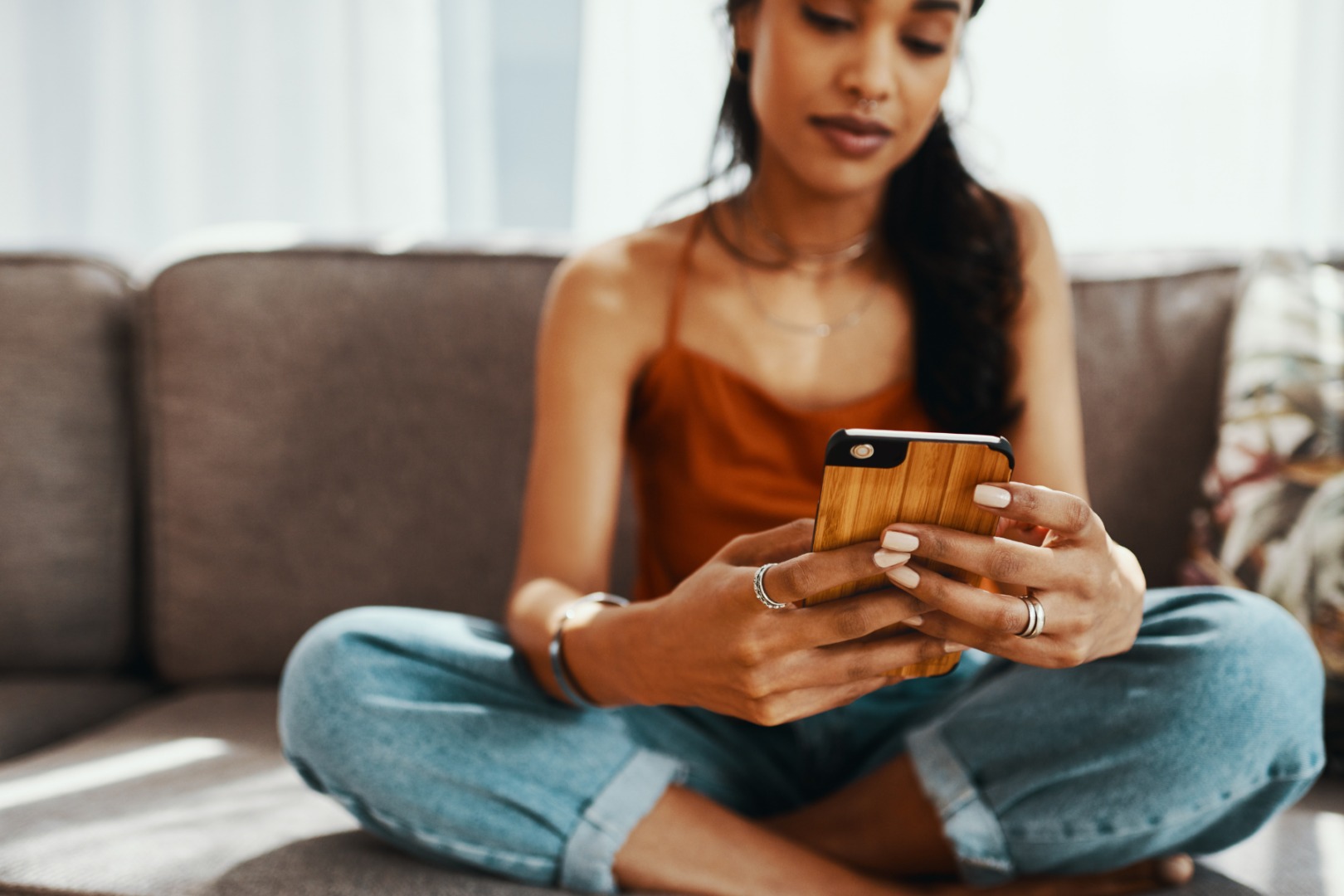
Strategies for Healthy Use
1. Limit Time Spent: Set a time limit each day or week for app use. Stick to it and avoid mindless swiping. Treat it like an activity, not a lifestyle.
2. Keep Perspective: Remind yourself that profiles do not represent full people. Rejection is not personal. Self‑worth does not depend on matches.
3. Be Authentic: Show who you are in photos and descriptions. Accept that not everyone will connect—and that is normal.
4. Focus on Conversations: Rather than chasing matches, spend time building depth in early chats. Ask thoughtful questions. Share your interests. See who is ready to go beyond small talk.
5. Take Breaks: If you feel ripe with anxiety or exhaustion, pause the apps completely. Use the break to reconnect with hobbies, friends, and real‑life experiences.
6. Seek Support: If dating apps begin to hurt your peace more than help, speak to someone you trust or a helper. Sharing how you feel reduces pressure and gives new perspective.
7. Use Apps for Growth: Consider using apps to practice genuine connection rather than judgment. Use them to learn communication skills, confidence, and authenticity. Learning from each interaction helps you grow.
8. Feeling Balance Again: When used with care, dating apps can open doors to new relationships. They provide means to connect that were unimaginable before. It is not wrong to enjoy swiping and matching. However, when that activity begins to affect how you feel about yourself, it is time to change how you use it.
Protect your mental peace by being conscious of your activity. Keep your sense of self intact by remembering who you are outside of your profile. Real connection blossoms when two people come together authentically—not when one is chasing validation.
Dating apps will always remain part of our routine, but they do not have to control our emotions. By using them wisely, people can find joy in digital romance while walking steady with mental peace and respect for themselves.

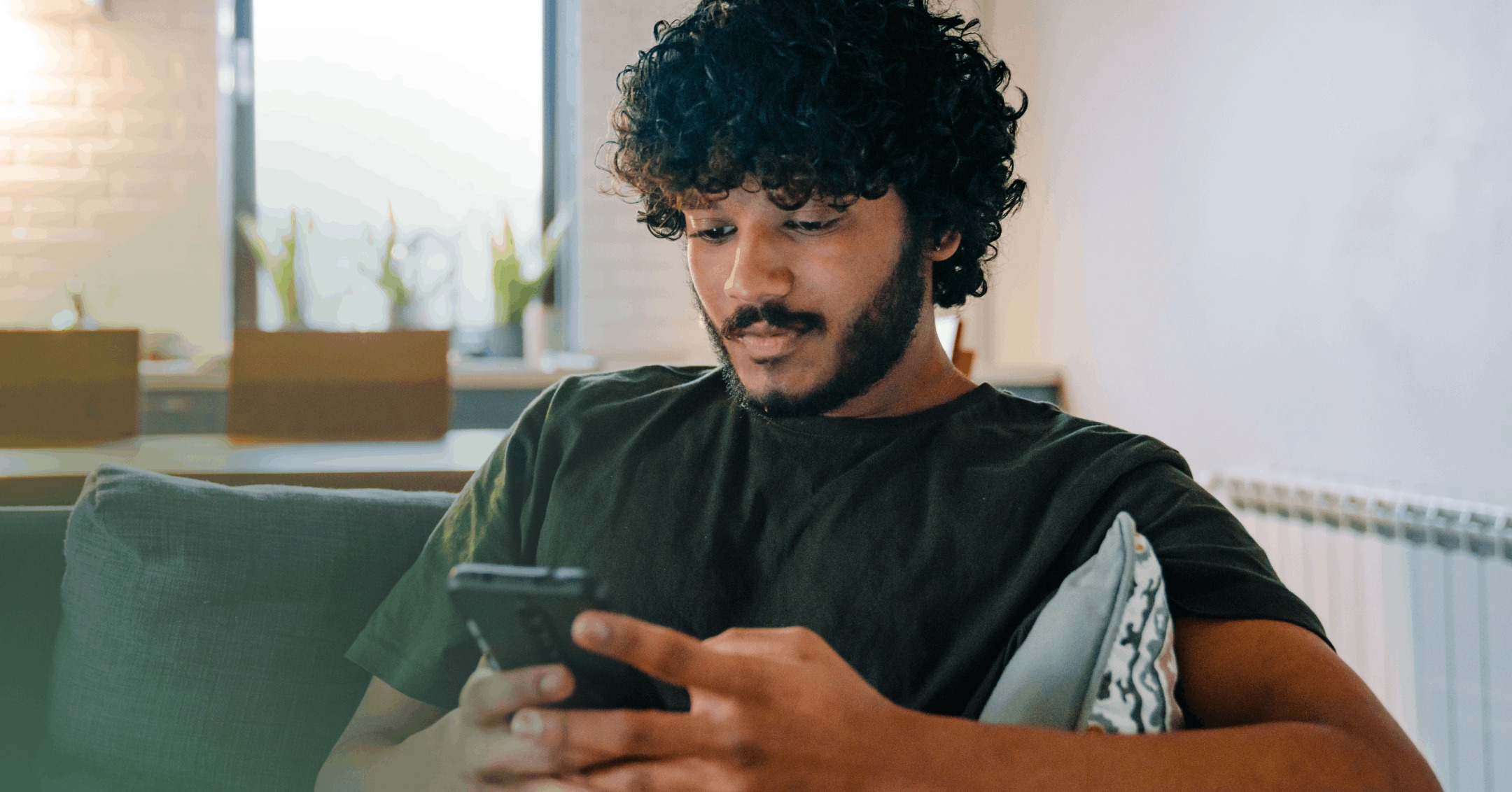
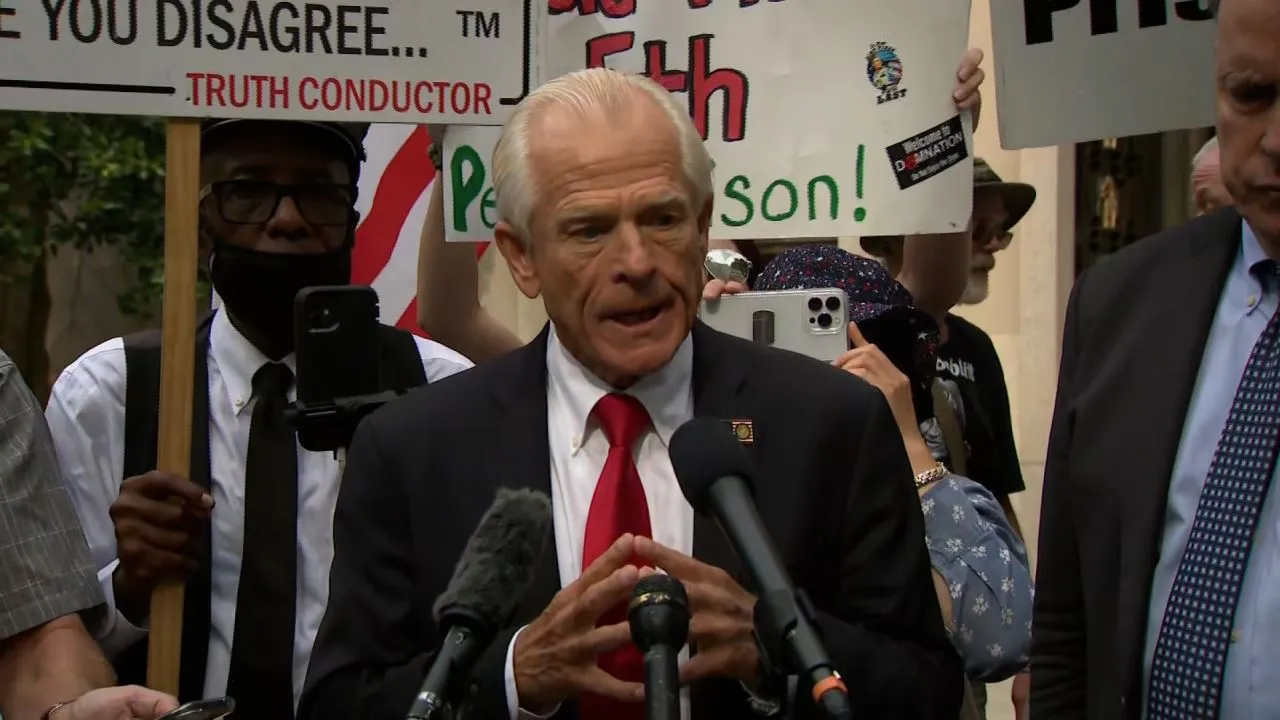




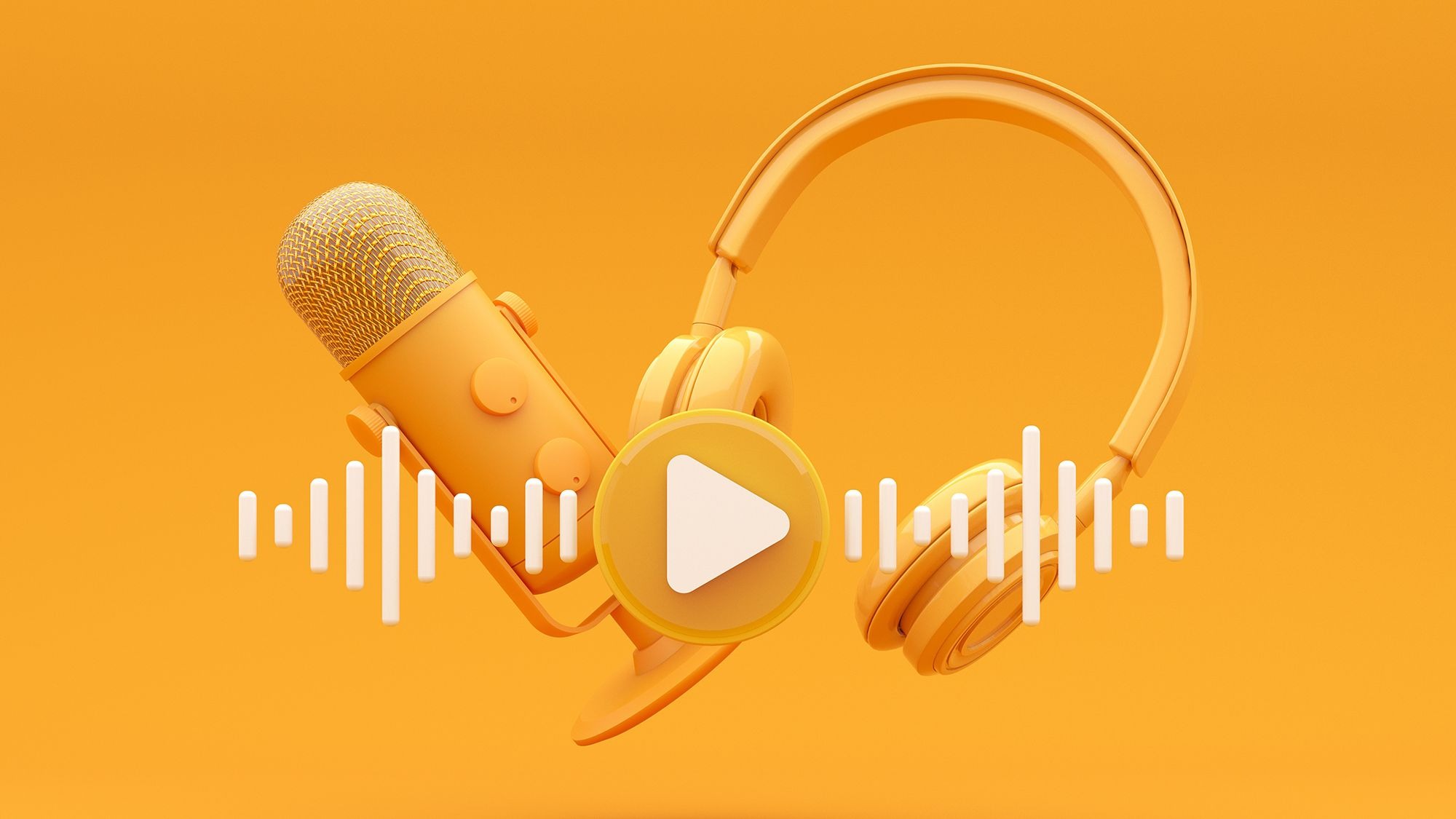
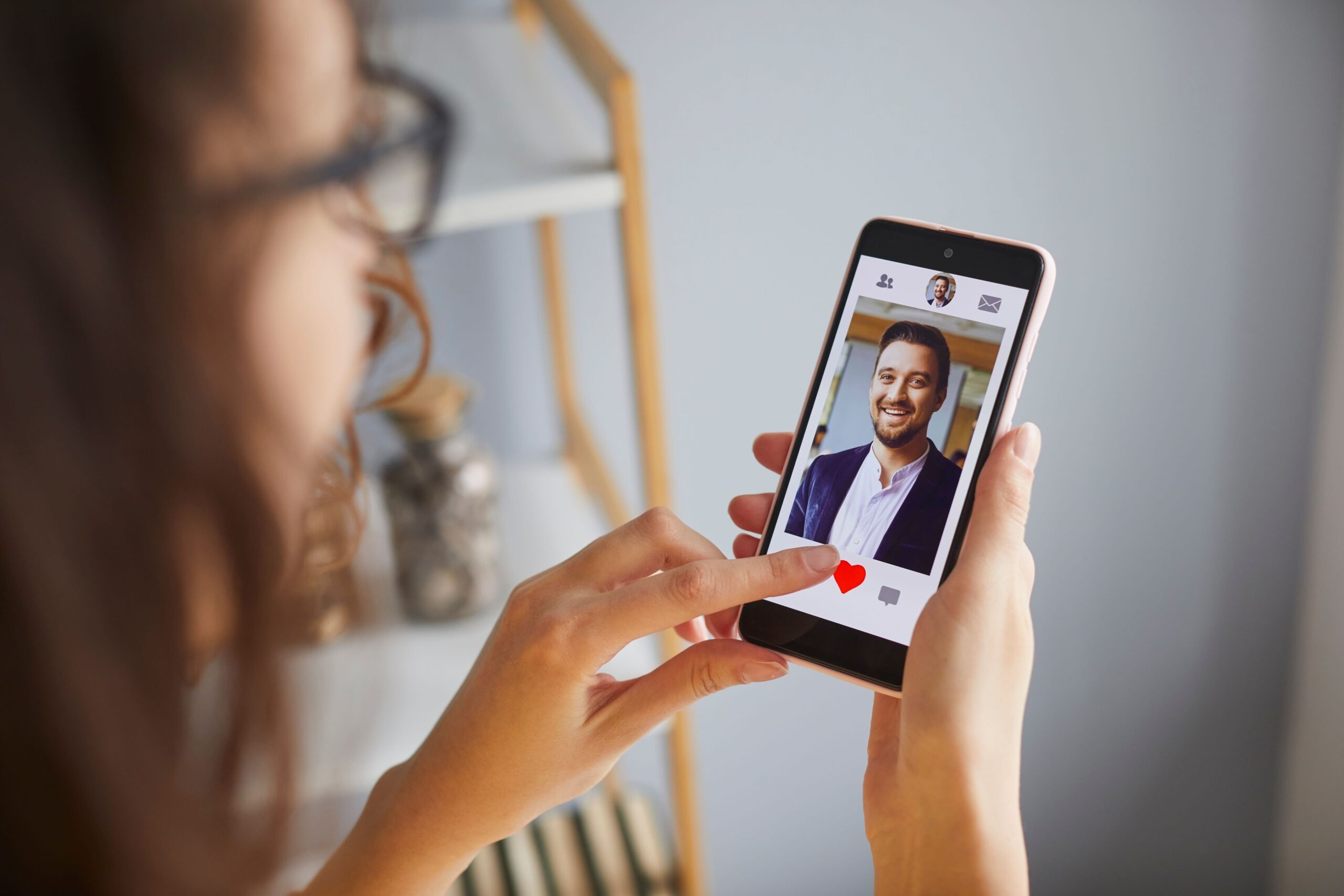
Leave a Reply